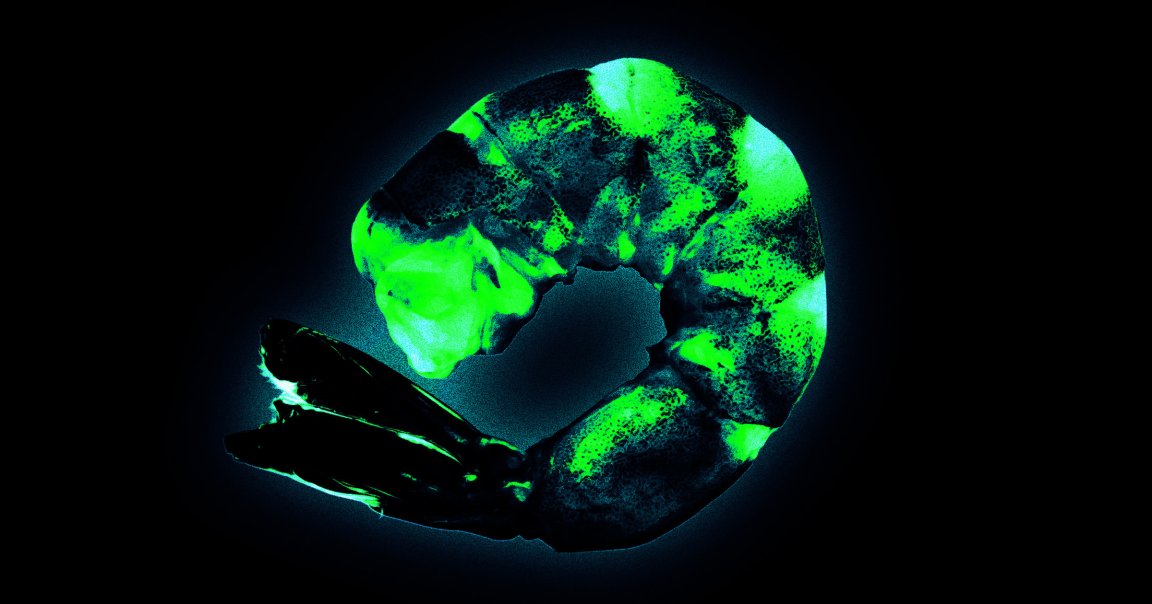
As you’ve probably already heard, the Food and Drug Administration has issued a recall warning for bags of frozen shrimp sold under Walmart’s “Great Value” brand over concerns about radioactive contamination.
As the FDA explained in a statement, shipping containers and frozen shrimp parcels used by the Indonesia-based Walmart contractor BMS Foods tested positive for Cesium-137, a radioactive isotope and byproduct of nuclear fission.
Though only a single shipment of the shrimp was found to contain Cs-137, as the isotope is abbreviated, poisoning from it is nasty stuff. As the Centers for Disease Control and Prevention explains, coming into contact with it can cause “burns, acute radiation sickness, and even death.”
From the start, details about the Cs-137 contamination have been bizarre. The FDA has said that the contamination was only found in a single shipment, but that containers that tested positive for the radioactive isotope ended up at four large US ports: Los Angeles, Houston, Miami, and Savannah, Georgia. The agency also insists that no bags of contaminated shrimp have entered into circulation in the US, but went on to list three potentially implicated lots sold in 13 states.
To make matters all the more confusing, the FDA admitted in the fine print of its statement that the shrimp “appears to have been prepared, packed, or held under insanitary conditions whereby it may have become contaminated with Cs-137 and may pose a safety concern,” though it offered no further explanation.
Phil Broughton, a health physicist and deputy laser safety officer at University of California Berkeley, proffered a simple — and gross — hypothesis.
As Broughton posited on Bluesky, this cross-contamination could have occurred during some good, old-fashioned industrial corner-cutting, with cheapo shipping companies refusing to care about “which containers get used for what, much less cleaning them.”
Planetary astronomer Michael Busch echoed the FDA’s updated statement and suggested in another Bluesky post that the radioactive contamination occurred somewhere in the supply chain, “and not originally in the shrimp.”
With so little information to go on, we can’t say for sure that uncleaned shipping containers contaminated the shrimp. Indeed, we don’t even know what would have been inside those containers before the crustaceans.
We’ve reached out to the FDA to ask if it can provide any more information about this radioactive contamination, but thanks to these helpful Bluesky scientists, we’ll be laying off the bagged shrimp entirely in the meantime.
More on food contamination: Dark Rumors Swirl as Boar’s Head Plans to Reopen Notoriously Disgusting Meat Processing Plant